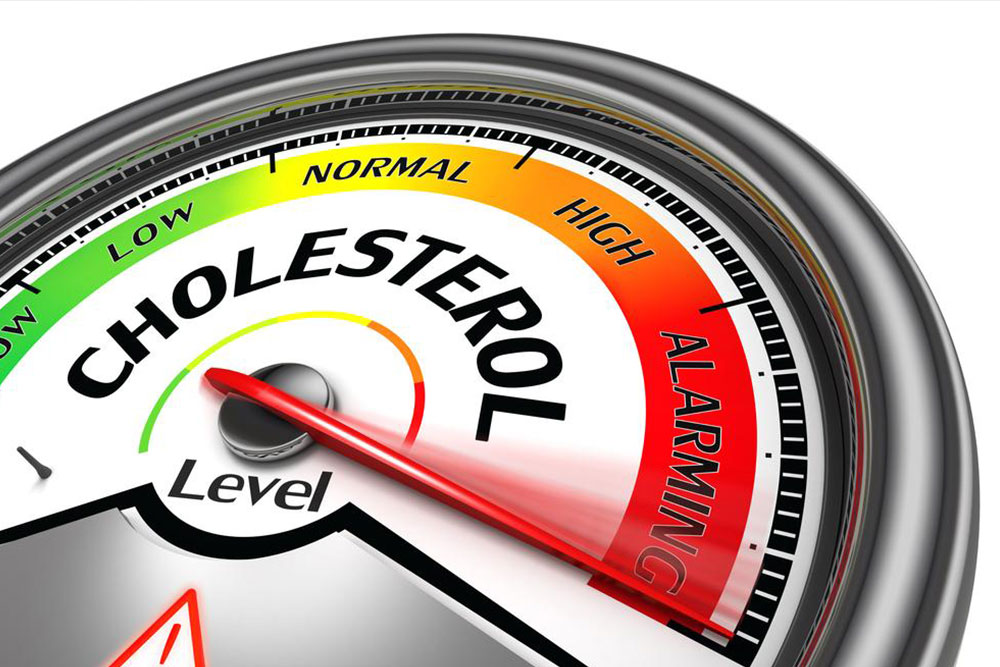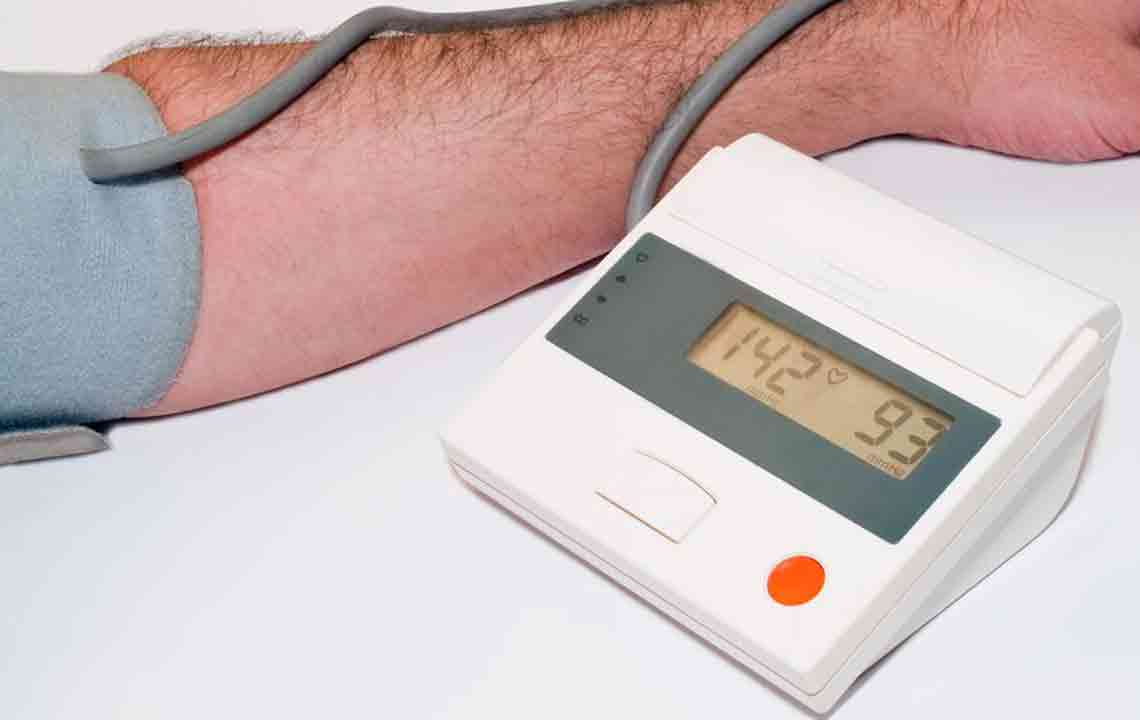Comprehensive Guide to Safely Managing Cholesterol for Better Heart Health
Learn how to manage your cholesterol levels safely to improve heart health. This comprehensive guide covers the importance of understanding cholesterol, its types, causes of imbalance, and effective strategies such as diet, exercise, quitting smoking, and medical treatments. Adopt these proven methods to reduce your risk of heart disease and strokes, ensuring a healthier, longer life. Always consult healthcare professionals for personalized advice and regular check-ups for optimal cholesterol management.

Comprehensive Guide to Safely Managing Cholesterol for Better Heart Health
Cholesterol is a vital substance in the human body, playing a crucial role in building cell membranes, producing hormones, and aiding in the synthesis of vitamin D. Despite its importance, understanding its dual nature—being both essential and potentially harmful—is vital for maintaining good health. Misconceptions and lack of knowledge about cholesterol often lead to confusion regarding its impact and management. In this comprehensive guide, we explore what cholesterol is, the differences between its types, and effective strategies to control its levels safely to promote heart health and prevent related diseases.
High cholesterol levels, especially when unbalanced, can lead to serious health complications such as coronary artery disease, heart attacks, and strokes. These conditions are often the result of plaque buildup in the arteries, which hampers blood flow. Recognizing the importance of maintaining healthy cholesterol levels is essential for long-term well-being. The good news is that with informed lifestyle choices and medical interventions, it is possible to manage cholesterol effectively and reduce the risk of cardiovascular events.
Understanding what causes cholesterol imbalance is the first step toward effective control. Several factors contribute, including diet, physical activity, genetics, existing health conditions like diabetes, and lifestyle habits such as smoking and alcohol consumption. Let’s delve into these causes and explore proven strategies that can help you keep your cholesterol within a healthy range.
Adopt Regular Physical Activity: Engaging in routine exercise, such as brisk walking, cycling, or swimming, can significantly improve your lipid profile. Exercise raises HDL (good cholesterol) levels and lowers LDL (bad cholesterol). A consistent physical activity routine also supports weight management, which is critical since excess weight, especially a BMI over 35, substantially increases cholesterol risks.
Quit Smoking: Smoking damages blood vessels, promotes the formation of fatty deposits, and decreases HDL cholesterol. Quitting smoking can markedly improve vascular health, reduce inflammation, and allow your body to recover its natural protective mechanisms, including higher HDL levels.
Follow a Heart-Healthy Diet: Your diet plays a pivotal role in managing cholesterol. Limit intake of saturated fats—commonly found in red meats, full-fat dairy, and processed foods. Avoid trans fats, often present in baked goods, fried foods, and snacks, as they increase bad cholesterol and lower good cholesterol. Instead, focus on consuming plenty of fruits, vegetables, whole grains, nuts, seeds, and healthy fats like those found in fish, avocados, and olive oil.
Manage Blood Sugar and Diabetes: Elevated blood sugar levels can increase LDL cholesterol and damage arterial walls, making blood vessels more prone to plaque buildup. Maintaining optimal blood sugar levels through a balanced diet, regular exercise, and appropriate medical management is essential for preventing cholesterol-related complications.
Monitoring your cholesterol levels regularly through blood tests and routine medical check-ups is crucial for early detection and management. Healthcare professionals may prescribe medications, such as statins—including Rosuvastatin, Atorvastatin, or others—to help regulate cholesterol levels when lifestyle changes are insufficient. These medications work by reducing LDL cholesterol, increasing HDL, or both, thereby lowering the risk of cardiovascular disease.
In addition to medication, lifestyle modifications are fundamental. They include maintaining a balanced diet, staying physically active, avoiding tobacco, moderating alcohol intake, and managing stress effectively. Combining these approaches ensures comprehensive management of cholesterol, promoting overall heart health and longevity.
Always seek personalized guidance from healthcare providers to develop a cholesterol management plan tailored to your specific health needs. Long-term adherence to healthy habits and medical advice can dramatically improve your quality of life and reduce the chances of developing severe cardiovascular diseases.





